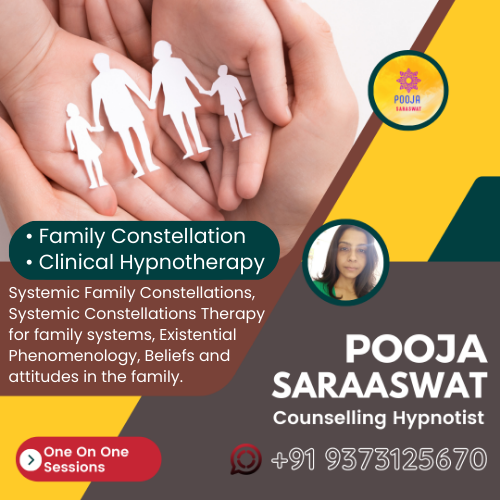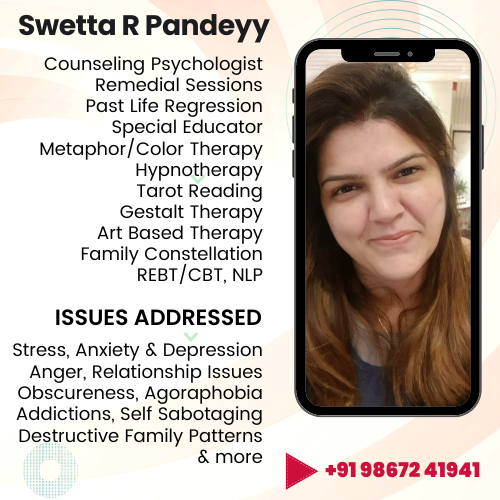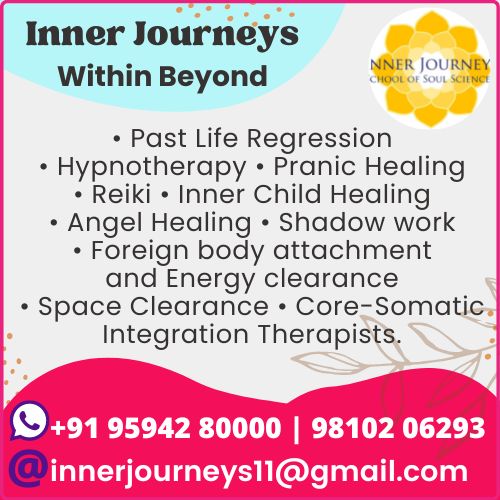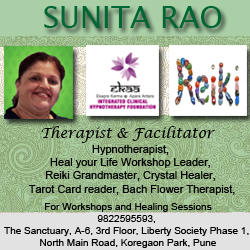Alternative Therapies
- Alternative Medicine
- Access Bars
- Access Body Processes
- Access Consciousness
- Access Energetic Faclift
- Acupressure
- Acupuncture
- Akashic Records
- Ancient Magnetism
- Angel Healing
- Aromatherapy
- Aura Reading
- Ayurveda
- Bach Flower Remedies
- Blueprint Numerology
- Breathwork
- Chakra Healing
- Cosmetic Acupuncture
- Crystal Healing
- Cupping Therapy
- Divine Healing Hands
- Distance Healing
- Emotional Freedom Technique (EFT)
- Energy Healing
- Energy Medicine
- Ergonomics
- Family Constellation
- Face Reading
- Fengshui
- Gaiadon Heart
- Geomancy
- Heal Your Life
- Graphology
- Holistic Solutions
- Holy Fire Reiki
- Homeopathy
- Ho'oponopono
- Humkara with Haleem
- Hypnotherapy
- Inner Child Therapy
- Intuitive Reading
- Jesus Reiki
- Jikiden Reiki
- Jin Shin Jyutsu
- Karuna Reiki
- Karmic Healing
- Lama Fera
- Lenormand Cards
- Light Language Healing
- Law of Attraction
- Manual Therapy
- Matrix Reimprinting
- Metaphor Therapy
- Meditation
- Mediumship
- Melchizedek Method
- Merlin Trinity Healing
- Merkaba Healing
- Money Reiki
- Motivational Counseling
- Mudra Healing
- Nakshatra Energies
- Naturopathy
- Neuro Linguistic Programming (NLP)
- Numerology
- Oracle Cards
- Panchakarma (Ayurveda)
- Panchkarma Holistic Healing - Mind Control
- Past Life Regression
- Pendulum Dowsing
- Physiotherapy
- Pranic Healing
- Pranic Psychotherapy
- Pythagorean Numerology
- Quantum Touch Healing
- Pyramids
- Redikall Healing
- Reiki
- Rudraksh
- Runes
- Soul Plan Reading
- Sound Healing
- Star Magic Healing
- Space Clearing
- Sujok therapy
- Tarot
- Tera MaiTM Seichem
- Tea Leaf Reading
- Theta Healing
- Twin Flame Healing
- Twin Hearts Meditation
- Unani Medicine
- Yoga
- Wicca
- Womb Healing
Astro Solutions
General Wellness
- Behavioural Disorders
- Career Counselling
- Child Care
- Cosmetic Dentistry
- Deaddiction
- Diabetes
- Eye Care
- Fashion
- Fitness
- Hair Treatment
- Health Spas & Resorts
- Infertility
- Lifestyle Management
- Obesity Management
- Parenting
- Personality Development
- Sexual Health
- Skin Care Solutions
- Sports Injury
- Wellness Vacations
- Womens Health
Deaddiction Counselling in Mumbai

Ms. Anjali Nagpal
Anjali Nagpal is a business trainer, a life coach and workshop facilitator certified to present Heal Your Life transformational workshop worldwide (based on the philosophy of Louise L Hay) approved by Hay House, US. She also conducts others workshops relating to self healing.

Ms. Amrita Singh

Amrita as a Tarot reader, she helps people to understand the blocks and challenges they may be having in their life and give them a clear direction for healing and moving forward....


Ms. Rachana Saraswat
I am Certified Clinical Hypnotherapist, Access Bars Practitoner, BACH Flower remedies and Animal Communicator.


Ms. Pooja Saraaswat
Pooja's approach uses comprehensive and well-researched hypnotic techniques, health coaching, cognitive behavioral therapy, and counseling to bring into alignment many dimensions of families, family systems, existential phenomenology beliefs and attitudes in the family,


Sweta R Pandey
Sweta Pandey is a counselling psychologist and regression therapist who focuses on addressing psychological, emotional, behavioural, and relational issues. She has experience treating psychological and mental issues in children, adults, and elderly people....

Inner Journeys
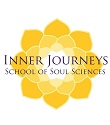
A Certified Past Life Regression Therapist, Healer, psychic and channel, who has been working in the field of channelled spiritual direction since ...

The Sanctuary - Ms. Sunita Rao

In her pursuit of finding better ways to heal the human body, mind and spirit Sunita Rao has been certified by internationally renowned organizations such as the EKAA School of Integrated Clinical Hypnotherapy and Heal Your Life based on the philosophy of Louise L Hays. She is also a Reiki Grandmaster practising and initiating in the Usui system of Reiki..

Cosmicx Healing Art - Ms. KripaJyoti Nisha Singla

KripaJyoti Nisha Singla (PGDBM) is a Spiritual master, Energy worker, Reiki Master, Theta Instructor, and a dedicated Artist who has been working in the field of healings, spirituality, counselling, relationship healing, family therapy and alternative medicine therapies from more than 12 years.

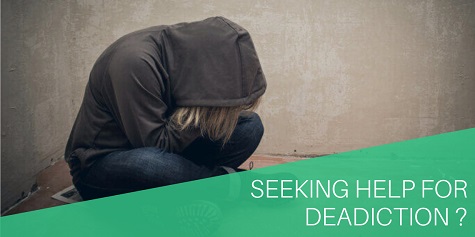
Drug abuse and dependence can be treated with levels of success comparable to those for other chronic conditions. Similarly to chronic diseases, such as diabetes or hypertension, the use of a combination of approaches (medications, behavioural changes, and health care for physical and psychological symptoms) during appropriate periods of time is needed to suit each individual's needs and the severity of the problem at different stages of recovery.
There are many types of services for drug users that may be linked to provide a 'continuum of care'. If there is integration between different interventions, clients are more likely to progress and move smoothly from one programme to another to become, and remain, drug-free.
Types of interventions
Early/brief interventions
Early/brief interventions are designed to prevent the progression to problematic drug use by detecting persons who are using drugs in a potentially hazardous manner and helping them to stop or decrease use. This is best carried out within the primary care system by general practitioners, nurses and community workers.
Outreach, harm reduction and low-threshold interventions
Outreach, harm reduction and low-threshold interventions aim to reach drug users, build trust, provide basic living support, prevent or reduce negative health consequences associated with certain behaviours, and initiate a therapeutic process whenever the person is ready for it, without setting abstinence as an initial condition. In relation to drug injecting, "harm reduction" components of comprehensive interventions aim to prevent transmission of HIV and other infections that occur through the sharing of non-sterile injection equipment and drug preparations.
Detoxification
Detoxification programmes help a person who is dependent on a psychoactive substance to cease use in a way that minimizes the symptoms of withdrawal and the risk of complications, sometimes using a prescribed medication. Detoxification alone has limited effectiveness and should be considered the starting point for other treatment interventions aimed at abstinence.
Counselling and psychotherapy
Counselling and psychotherapy form integral parts of most forms of treatment. They aim at initiating and maintaining behavioural and lifestyle changes, and help to control urges to use illicit substances. Counselling is an intensive interpersonal process concerned with assisting people in achieving their goals or functioning more effectively. It uses a variety of methodologies and techniques, including motivational interventions, cognitive-behavioural approaches (social skills training, stress management, anger management),relapse prevention, provision of incentives, community reinforcement therapies and family interventions. Psychotherapy is generally a longer-term process concerned with reconstruction of the person and larger changes in more fundamental psychological attributes, such as personality structure.
Pharmacotherapy
Pharmacotherapy involves the use of prescribed medications to support the patient in stabilizing his/her life and reducing or eliminating the use of a particular illicit substance. Two main types of pharmacological agents are administered for these purposes: substitution drugs, which are pharmacologically related to the drug producing dependence; and blocking agents, which do not have any psychotropic effects and block the effects of the substance(s) producing dependence.
Pharmacotherapies are often accompanied by psychological and other treatment.
Self help
Self help approaches aim at abstinence from alcohol and other drugs and are mostly organized around the 12-step programme of Alcoholics Anonymous (AA) or adaptations of that programme.
These programmes involve admitting one is powerless over one's drinking/drug taking and over one's life because of drinking/ drug taking, turning one's life over to a 'higher power', making a moral inventory and amends for past wrongs, and offering to help other people with addiction problems.
Ancillary health and social services. Many patients also require other services, such as medical and mental health services, vocational training, employment and housing support, and legal advice.
Continuing care/aftercare
As the patient progresses, the intensity of treatment decreases and the final part of treatment entails continuing individual and group support in order to prevent a return to substance use. Full rehabilitation and reintegration requires efforts at all levels of society.
Treatment Setting
Depending on the individual needs and problem severity, treatment interventions will take place in one of the following settings:
Community-based treatment is in a non-residential setting. Outpatient treatments (day attendance based services provided from a hospital) are often bracketed by community-based treatments. Examples of community-based treatments are opioid substitution programmes, counselling programmes and aftercare services.
Residential treatment
Residential treatment programmes provide residential services on the same site as treatment services. The programmes generally strive to provide an environment free of substance abuse, with an expectation for compliance in a number of activities such as detoxification, assessment, information/education, counselling, group work, vocational training, and the development or recovery of social and lifeskills. Two main types of residential treatment are available: shorter term residential therapy (less than six months, including detoxification) and residential therapeutic community treatment (typically six to 12 months post-detoxification). Therapeutic communities are highly structured programmes focusing on the resocialization of the patient to a drug-free lifestyle, using the programme's community as an active ingredient of treatment.
Institutional treatment
Institutional treatment, meaning drug treatment programmes in correctional institutions, can provide similar services to those available in the community with the aims ranging from a reduction of the health consequences, including HIV/ AIDS transmission, to the elimination of drug abuse and a reduction of criminal behaviours. The most successful programmes link to community-based programmes that continue treatment when the client returns to the community.




